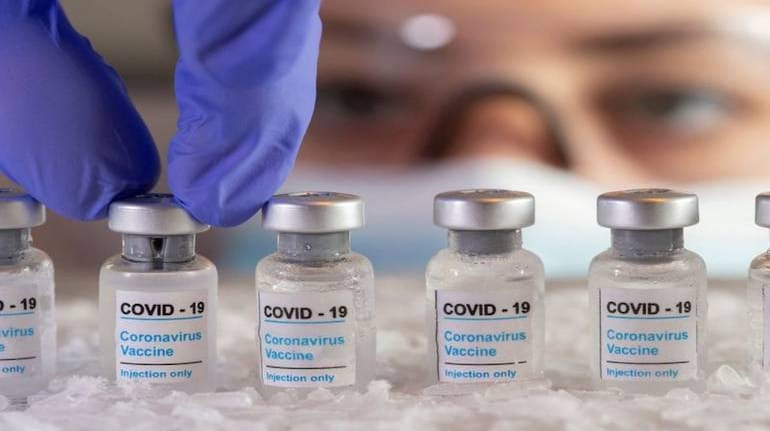



After conducting nation-wide vaccination dry runs, India is now geared up for one of the world’s largest COVID-19 vaccination drives beginning January 16. While some countries have already embarked on the mission to combat the deadly spread of the virus by administering the COVID-19 vaccination doses.
Over 28.15 million COVID-19 vaccination doses have been administered or have been given across several countries as of January 11, 2021, according to Our World in Data. These are “counted as a single dose, and may not equal the total number of people vaccinated, depending on the specific dose regime (e.g. people receive multiple doses),” the research notes.
China, the country from where the virus originated and spread across the globe, now reports to have administered the most 9 million shots, followed by the United States (8.99 million), which records the most (23.14 million) novel coronavirus cases and (385,249) deaths in the world.
On January 3, India had granted restricted emergency use authorization to two vaccines--the Serum Institute of India’s Covishield and Bharat Biotech’s Covaxin.
The government plans to vaccinate about 300 million people in the first wave of the vaccination drive. The first phase will target 10 million health workers by February, 20 million frontline workers in the second phase by March, and 270 million people aged over 50 and with co-morbidities in the third phase by August, Moneycontrol reported on December 31.
Here’s a look at COVID-19 vaccination doses administered by countries in numbers, as well as per 100 people to date:
Israel leads in terms of most (21.38) doses administered per 100 people, followed by the United Arab Emirates (11.8) and Bahrain (5.44).
On Friday, January 8, the Union Health and Family Welfare Minister Dr Harsh Vardhan said that it would soon be a reality to vaccinate the entire population in the country against COVID-19 after prioritising risk groups.
India has done extremely well in developing vaccines in the shortest possible time, and presently two vaccines have been given emergency use authorisation, he said.
“The inoculation of health workers and senior citizens will take four-six months. By that time, the vaccines will be available over-the-counter. By that time we would have taken a decision which sections of the remaining population we will provide the vaccination to for free or at a subsidized rate, and which sections will pay,” a top government official told Moneycontrol, reported on January 11.
Discover the latest Business News, Sensex, and Nifty updates. Obtain Personal Finance insights, tax queries, and expert opinions on Moneycontrol or download the Moneycontrol App to stay updated!
Find the best of Al News in one place, specially curated for you every weekend.
Stay on top of the latest tech trends and biggest startup news.